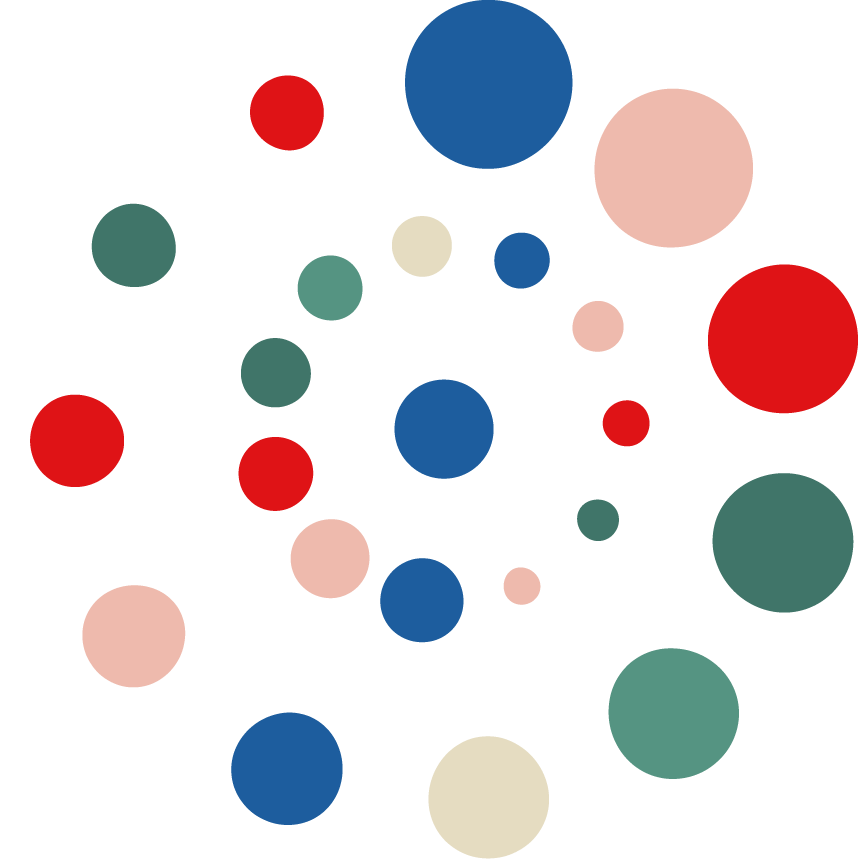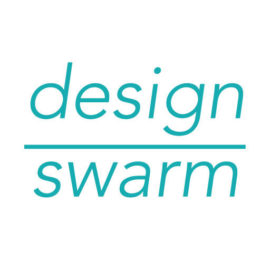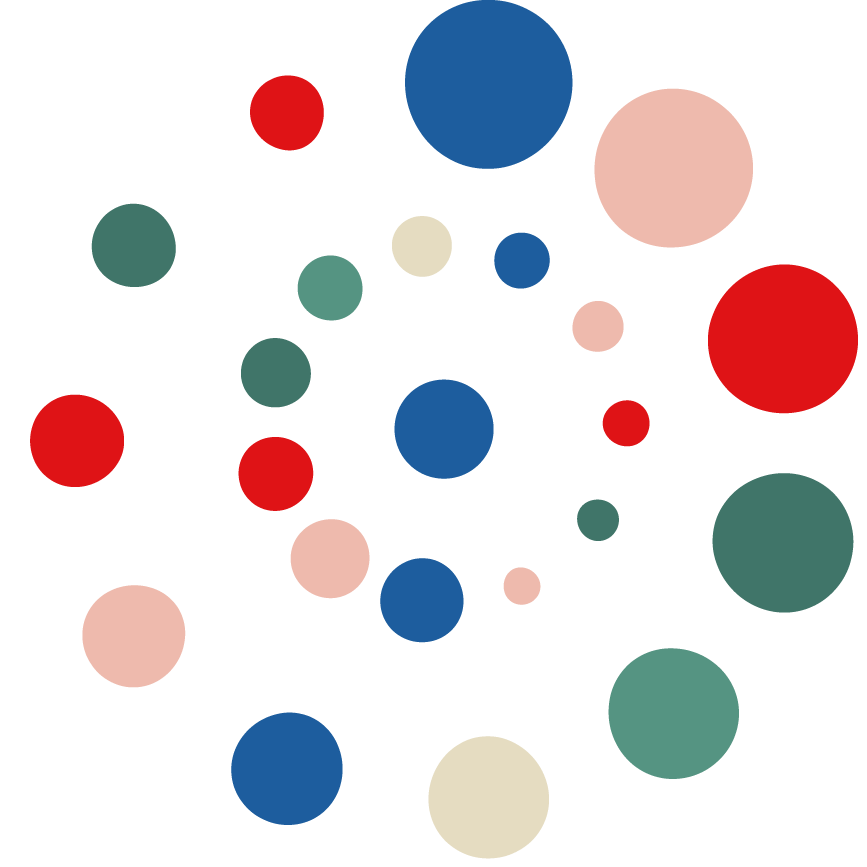New value mechanics for the agentic web
Weeknotes 341 - New value mechanics for the agentic web What is the consequence of an agentic web for the mechanics of values? And a lot of other news after a week of announcements by Big AI Tech.

Hi all!
Thanks for landing here and reading my weekly newsletter. If you are new here, I am Iskander, and you can find a bio on targetisnew.com. This newsletter is my personal weekly reflection on the news of the past week, with a lens of understanding the unpredictable futures of human-ai co-performances in a context of full immersive connectedness and the impact on society, organizations, and design. Don’t hesitate to reach out if you want to know more, or more specifically.
What did happen last week?
I had a little less time for exploring all the corners of my input sources for this newsletter, as I was at the yearly ESConference yesterday. ESC is the expertise network for systemic co-design, and I was for the second year at their conference. Cities of Things got funding in the ESCall last year to help develop the knowledge product “Wijkbot” further, which we used for enhancing an extra iteration in the “field lab”-style workshop, addressing the more systemic dilemmas. The project is now part of the officially launched ESC Book.
Next to some nice interactive sessions using a big overhead camera to capture the life-size canvas, I followed a workshop, “Learning from Missed Opportunities in Urban Co-Creation,” mapping needed competencies for designers. It delivered some insights on different perceptions of Missed Opportunities, among other things.
Next to working on the design-charette CPE, I need to spend some time editing and coordinating the RIOT articles, and planning for the unconference and Salon on 6 June in Rotterdam. Check it out!
And I am planning the next iteration of the exhibition “Generative Things” during the **Hyperlink festival** event at Waag in Amsterdam, including shaping an animation with the objects.
What did I notice last week?
- Big Gen AI Tech did announce new stuff. Google impressed the most with new Gemini, video generators, vibe coding tools, and agent platform, and gemini as operating layer in the good old search environment. And lots more.
- OpenAI already announced a vibe coding tool, but it came into full view with the announcement of the 6,5 billion acquisition of Jony Ive's company.
- Anthrophic just announced a solid update for better partnering with humans.
- How will LLMs impact language.
- A great breakdown of the work on a multiplayer AI.
- Insightful vibe coding thoughts by a non-coding music legend
- AI transforming governments (or not)
- Gendered disinformation as infrastructure
And more on tech societies, human-ai collabs and immersive connectedness.
What triggered my thoughts?
Linked to the week of news from all big AI players announcing some kind of take on the agentic web. Kevin Scott was doing a tour with interviews following Microsoft Build and promoting the agentic web as a new stage of the internet.
There is a new internal engine for this agentic web that reshuffles the business model of the current ‘free for all’ web, the advertising model. At least, it becomes a whole different ball game, with internal flows of value not connected to the so-called eyeballs for ads, but it is a kind of internal counting system based on real attention.
As Kevin Scott said; the agentic web needs protocols to function—protocols of exchange of value. He is proposing MCP as a potential candidate; the protocol of Anthropic is like a system card for exchange.
MCP is an open protocol that standardizes how applications provide context to LLMs. Think of MCP like a USB-C port for AI applications. Just as USB-C provides a standardized way to connect your devices to various peripherals and accessories, MCP provides a standardized way to connect AI models to different data sources and tools.
By proposing MCP as a candidate for standardisation of protocols, Kevin emphasizes the connection between different LLMs and other elements of the agentic web, which can create smoother and better services. That is super interesting, and it would be nice if that were how this all would play out. On the other hand, it seriously impacts the business model of the free web. Free in the sense that it is paid for by advertising. I think that Ben Thompson brings another take, based on his insights that the ad model is replaced by something else.
There is, to be sure, a tremendous amount of complexity in what I am proposing, and the path to a marketplace for data generation is quite unclear at the moment. Who, however, could have predicted exactly how the ad-supported web would have evolved, or centrally designed the incredible complexity that undergirds it?
This is where Scott’s exhortation of openness is spot on: a world of one dominant AI making business development deals with a few blessed content creators, and scraping the carcass of what remains on the web for everything else, is a far less interesting one than one driven by marketplaces, auctions, and aligned incentives.
To get there, however, means realizing that the Internet’s so-called “Original Sin” was in fact the key to realizing the human web’s potential, while the actual mistake would be in not building in payments nowfor the coming agentic web.
That makes it tick, relates to the thinking of civic protocol economies we are shaping; creating a layered system of different value protocols: from currencies, to tokens, to current-sees. And that latter feels like a serious candidate for a future agentic web as it captures traffic in the news community-driven economic system, potentially becoming an agentic web as soon as agents become active. The notion of current-sees is all about indicators of the status indicators that describe the actual state of a system or an actor in it, compared to an ideal state. See this first model of civic protocol economies.
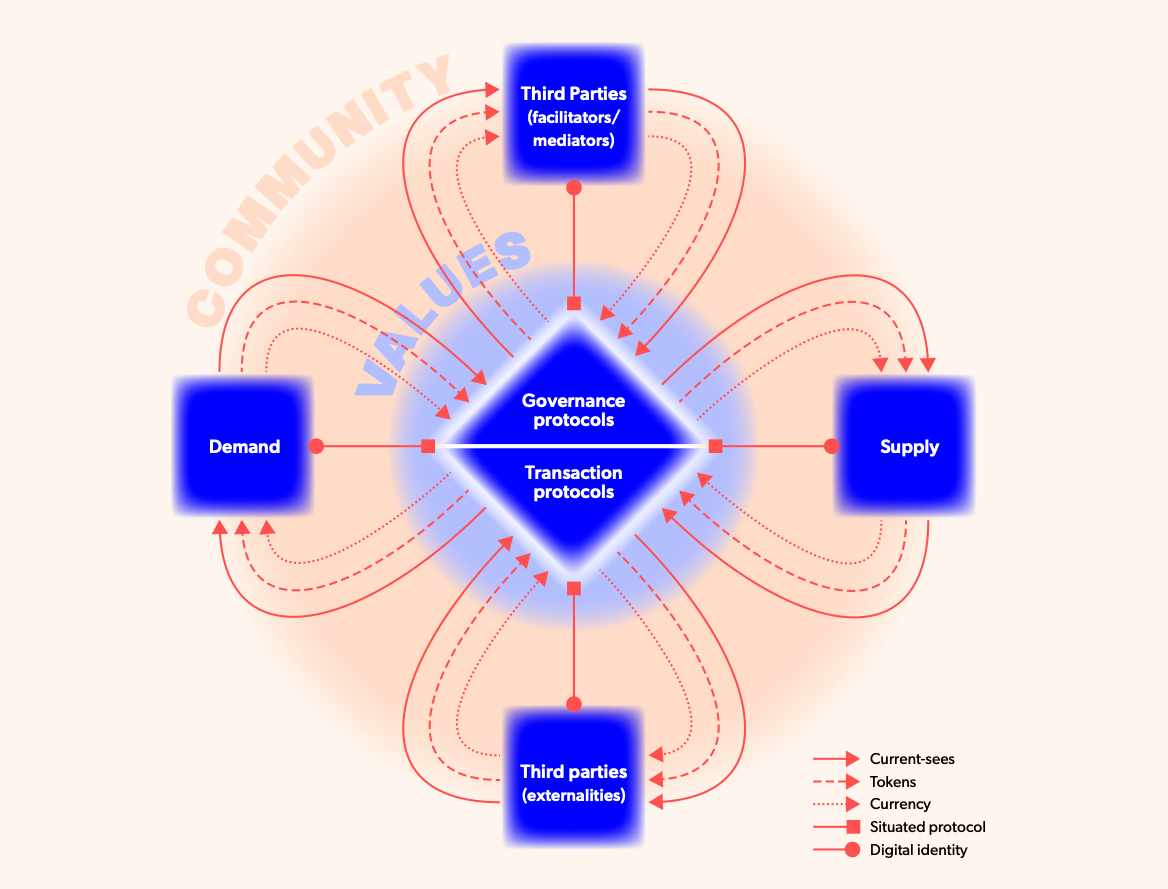
What should be a different type of driver, I think, is the design for collectivity. An additional driver at least. Ben Thompson's piece is all about new mechanics for existing economic models. Creating new models with the commons or community as the entity would be possible. Now, there is a need more than ever in a polarized society. Now is the chance.
What inspiring paper to share?
Institutionalized respect in the algorithmic state: On the consequences of artificial intelligence for citizen-state relations
This article highlights the importance of a social-relational dimension of government AI uses for understanding how they can be problematic even when producing material benefits for citizens. It combines social recognition theory with institutionalist arguments to develop an integrative account of how AI use can reduce the institutionalized expression of respect toward citizens – and how this differs by setting of AI deployment.
*König, P. (2025, May 19). Institutionalized respect in the algorithmic state: On the consequences of artificial intelligence for citizen-state relations. https://doi.org/10.31235/osf.io/pua4s_v1*
What are the plans for the coming week?
You might check this if you are in Berlin for Re:publica.
Next week, there is an event at DesignLab UTwente on designing AI for resistance. Or you join the closing event of the Transition-Scapes: Reimagining Energy Futures.
And of course, join us for the unconference RIOT 2025, and/or Salon!
Have a great week!
References to the notions
Human-AI partnerships
It was a big week for all the large LLM genAI companies, introducing new products. Microsoft was still in the news with the agentic web.

Google probably has the biggest list. It is integrating AI in general search with AI overviews, virtual try-ons for clothes, Meta-like smart glasses, live translations, and next-level visual generators. Gemini is becoming the new interface layer.



OpenAI launched Codex as a vibe coding platform, but got the most attention with the announced acquihire of the company of Jony Ive, the famous former Apple designer. Io is hinted as the future of AI device, launched next year.




And a great take on the impersonating of AI slop in that video.

Also, Claude from Anthropic's new version, 4 Opus, was announced. It is very capable of partnering with humans in coding. And can work on it’s own for 7 straight hours, setting a new mark for agents as co-workers.



Kars is making the case that LLMs should not be seen as a form of human intelligence, but are organisms on their own. But they change the way we relate to language just as we did with the printing press once.

A great benefit of an AI is that it can operate without been ‘limited’ by cultural rituals as we humans do. That’s what the great breakthroughs of humans have also become from. And we can leverage this. Rick Rubin in this interview.
We should be aware of the brainrot, or would the other powers stronger?

Matt Webb explains what is needed to make a multiplayer AI chat work. Lots of learning along the way on what multiplayer AI means.

Robotic performances
The news was more about the LLMs and genAI companies, but there is a related one about Apple Intelligence and robots.

Immersive connectedness
Google Home APIs are getting infused with Gemini intelligence. This is a step towards the ubiquitous AI that I described last week as the triggered thought.

Will there be Apple smart glasses next year?

Still going strong!

Tech societies
What happens when people can see what assumptions a large language model is making about them?

Is GenAI transforming government yet? And why not.
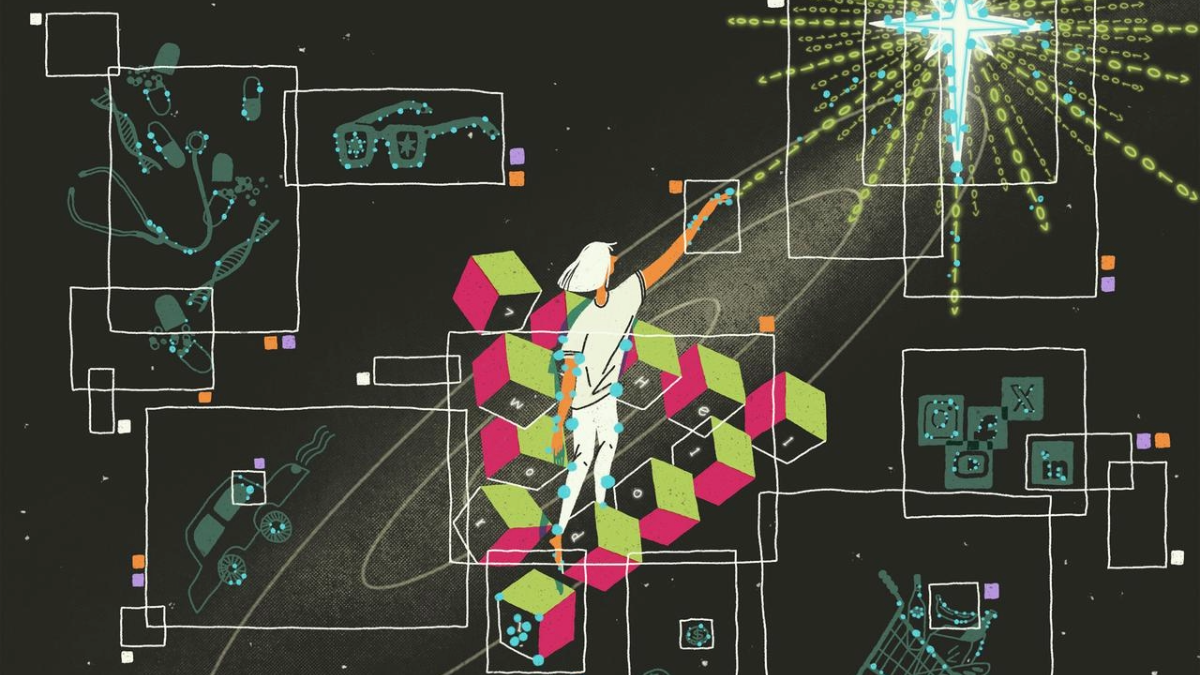
A new form of creating climate accountability with biodiversity credits. In the US. But from a Swedish company.

Now, Elon is creating new cities.

Sometimes, some good old internet tools are dying out.

Alexandra DS on how the internet is eating itself, and how to fight back.

This piece on the real climate footprint of AI: “While individual AI queries may seem low-impact, the article highlights that the sheer scale of AI usage and the industry's rapid expansion into more complex applications, such as AI agents and sophisticated video generation, are leading to an unprecedented surge in data center energy demands.”

The weekly post on troublesome geopolitics on gendered disinformation as infrastructure… And as a chilling effect.























